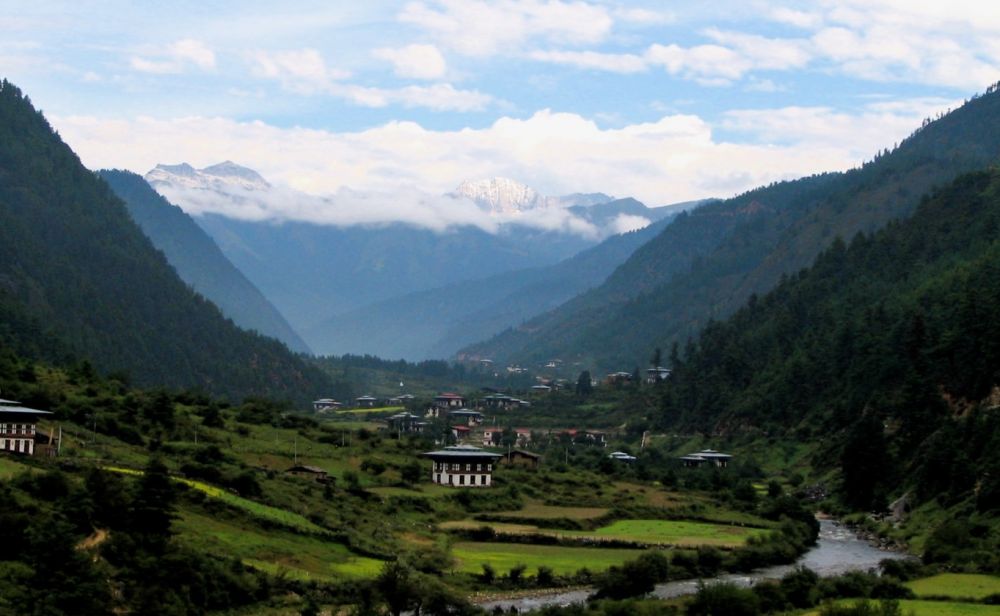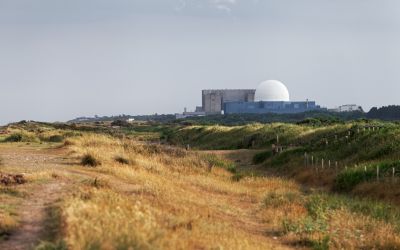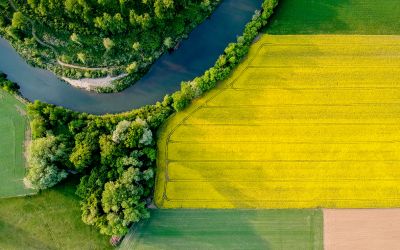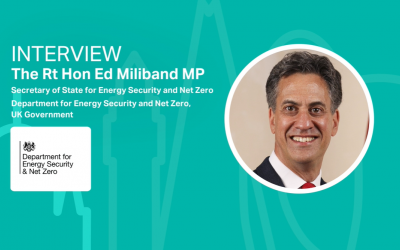Bhutan: the world’s first carbon-negative country
Bhutan produces 1.5 million tonnes of carbon every year, but thanks to the country’s 72 per cent forest coverage, more than 6 million tonnes of carbon is absorbed

Bhutan produces 1.5 million tonnes of carbon every year, but thanks to the country’s 72 per cent forest coverage, more than 6 million tonnes of carbon is absorbed.
Bhutan’s population is only around 750,000; however, many other small countries have not achieved even carbon neutral status.
Since 1972, Bhutan has based their political decisions on a Gross National Happiness (GNH) index, rather than Gross Domestic Product (GDP).
All government policies are vetted according to GNH, and what the Bhutanese call the four pillars: good governance, sustainable promotion of socioeconomic development, preservation of culture and environmental conservation.
A 2015 survey found 91 per cent of Bhutanese people were narrowly, extensively or deeply happy.
From 2009, Bhutan introduced a series of policies to ensure the country stayed carbon neutral including a constitutional amendment to guarantee forested areas would not fall below 60 per cent, free hydroelectric power generated by Bhutan’s many rivers was prioritised over fossil fuels and export logging was prohibited.
The Bhutanese government has partnered with Nissan to provide hundreds of electric cars to the country— thousands more are to be supplied in the near future, with Bhutan’s Prime Minister Tshering Tobgay aiming to eventually convert all of the country's vehicles to electric power.
Vijay Moktan, Conservation Director of the World Wildlife Fund (WWF), Bhutan, said: “It was easier for us, than say India or China, because we have only 20 people per sq. km. We have also had political commitment…In the 2000s, pressure began to build on the forests. There was a lot of demand for timber. So, when Bhutan became a democracy in 2008, a mandatory 60 per cent forest cover was introduced in the constitution. We now have 70 per cent cover.”
The government has also started providing rural farmers with free electricity to lessen their dependence on wood stoves for cooking.
Additionally, even more trees have been planted, last June volunteers set a world record by planting 49,672 trees in just one hour.
The country is now aiming to grow 100 per cent organic food by 2020, to produce zero waste by 2030, to generate zero net greenhouse gas emission and to increase its share of renewables, particularly wind and solar.
Sign up to our newsletter here.





